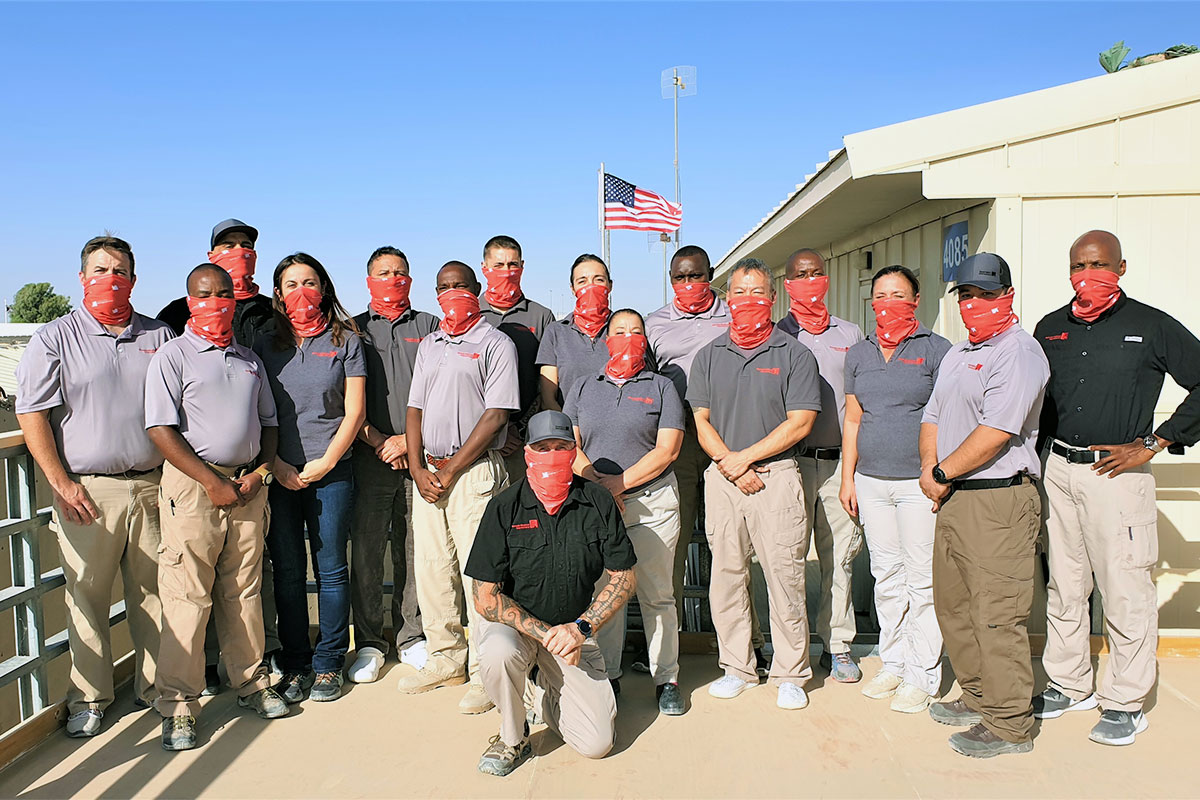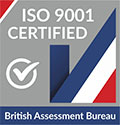Middle East Respiratory Syndrome
Middle East Respiratory Syndrome (MERS) is a viral illness that affects the respiratory system. MERS was first identified in Saudi Arabia in 2012. Since that time the vast majority of cases have occurred on the Arabian Peninsula. Recently MERS has spread to South Korea and China. This is the largest outbreak outside of the Arabian Peninsula since the identification of the disease.
MERS has a high mortality rate of roughly 35%, however most people who have died from MERS have had underlying medical conditions that led to their demise.
Symptoms
The incubation period for MERS can range from 2-14 days, but symptoms commonly occur 5-6 days after infection. Most people with confirmed MERS have had severe, acute symptoms of:
- Fever
- Cough
- Shortness of Breath
Additionally, some people have shown symptoms of:
- Nausea
- Vomiting
- Diarrhea
- Chills
- Body aches
- Sore throat
- Headache
- Runny nose
For most people, these symptoms led to severe complications such as pneumonia or kidney failure.
Transmission
MERS is spread through close, person-to-person contact with infected individuals such as living with or caring for a sick person. MERS is most commonly spread through the healthcare setting. No community wide transmissions have been observed.
Not only can MERS spread between humans, but it can spread from animals to humans. Early cases of MERS were linked to close contact with camels, although these transmissions are rare.
Transmission modes, risk factors, and conditions that facilitate the transmission of MERS are still being actively researched.
Populations at Risk
MERS affects all age groups and has been seen in people ranging in age from 9 months to 99 years.
People with underlying conditions may be at risk for more severe symptoms. These conditions include:
- Diabetes
- Cancer
- Chronic lung
- Heart or kidney disease
- Weak immune system
Prevention and Treatment
There is no vaccine, and no antiviral treatment available for MERS. Treatment is focused on relief of symptoms and supportive care for vital organs.
Standard daily infection precautions are advised including:
- Washing hands for at least 20 seconds with warm soapy water
- Covering the nose and mouth when sneezing
- Not touching your face, eyes, or nose with unwashed hands
- Cleaning of frequently touched surfaces such as doorknob, and telephones
- Avoiding close contact with sick people
Travel
The World Health Organization has advised no special screenings at points of entry and no travel restrictions at this time.


